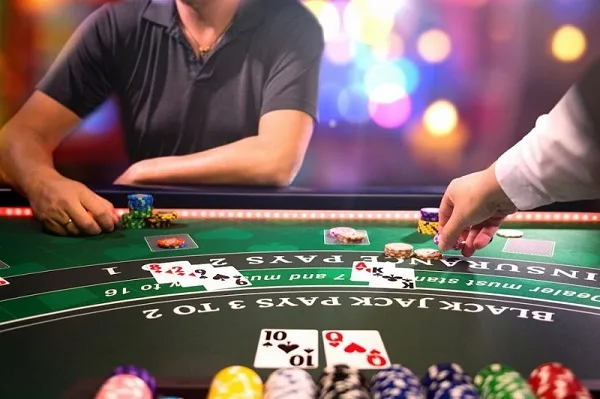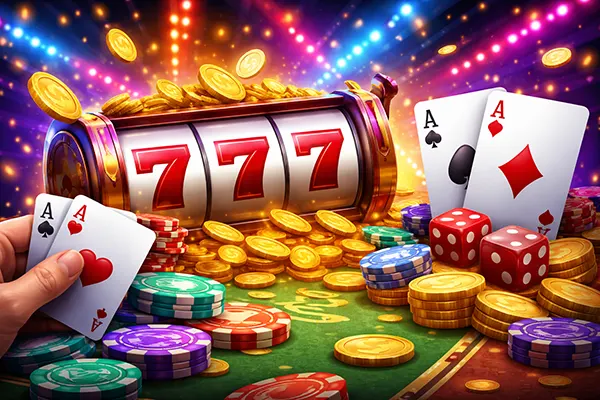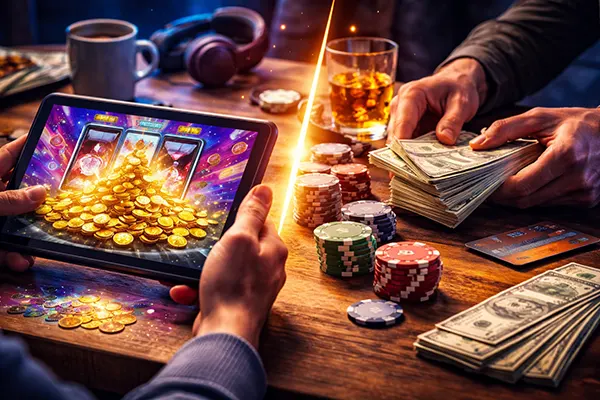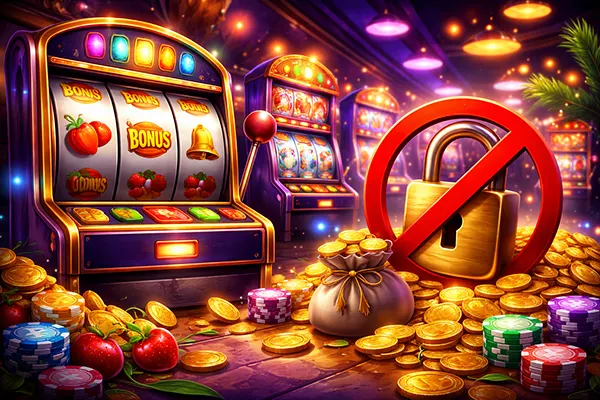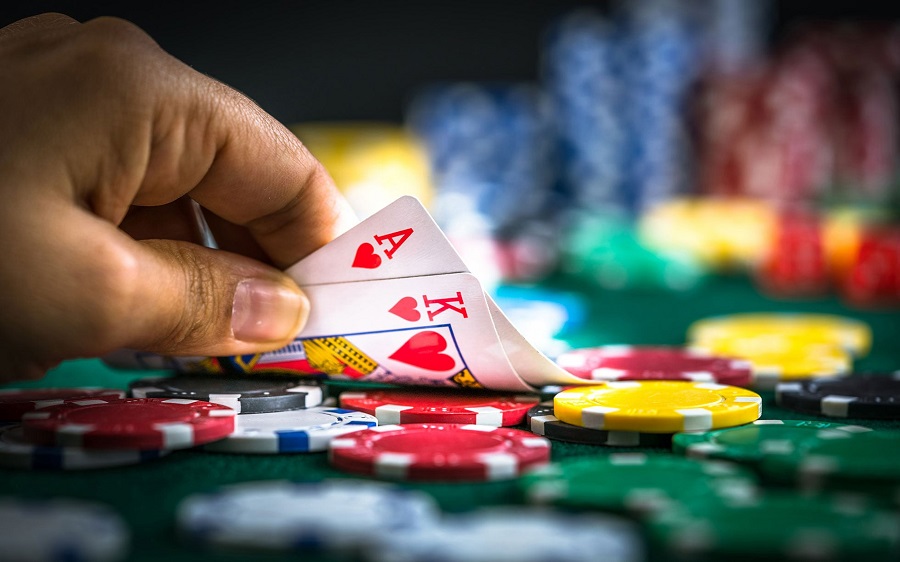
Mastering the Art of Poker: Tips for Every Player
Whether you’re a novice or a seasoned pro, poker is a game of strategy, psychology, and a sprinkle of luck. Embark on a journey with us as we delve into the world of poker, sharing invaluable insights that can transform your gameplay.
The Fundamentals of Poker Strategy
At its core, poker isn’t just a game of cards; it’s a game of people played with cards. Understanding human psychology, spotting patterns, and employing the right tactics are pivotal to success.
Before diving into advanced tactics, ensure you have a solid grasp of the basic rules, hand rankings, and the importance of position at the table. This foundational knowledge sets the stage for advanced strategies.
Furthermore, it’s crucial to approach poker with a learning mindset. The game’s dynamics continually evolve, and players must adapt to stay relevant and competitive.
Decoding Poker Tells
One of the fascinating aspects of poker is deciphering ‘tells’ – unconscious signals given by opponents about their hands. By observing and interpreting these hints, you can predict their actions and adjust your strategy accordingly.
Common tells include nervous habits, changes in breathing patterns, and even how chips are handled. However, remember that experienced players may fake tells to deceive their opponents.
Effective Bankroll Management
Many players overlook the importance of bankroll management. No matter how good your strategy is, poker has variance, and there will be ups and downs. Proper bankroll management ensures you can weather the downswings without going broke.
Allocate a specific portion of your bankroll for each session and stick to it. This disciplined approach can be the difference between a temporary setback and a devastating loss.
Selective Aggression: The Key to Winning
Being aggressive in poker can intimidate opponents and force them into making mistakes. However, it’s crucial to be selective in your aggression. Blindly being aggressive can be a fast track to losing your chips.
Determine the right moments to strike, taking into consideration your hand strength, table position, and your read on the opponents. Remember, it’s about quality, not quantity.
Additionally, adjust your aggression level based on the table’s dynamics. If everyone is playing passively, seize the initiative. But if the table is highly aggressive, it might be wise to wait for premium hands and capitalize on their recklessness.
Mastering the Art of Bluffing
Bluffing is an integral part of poker. A well-timed bluff can win you a pot even when you don’t have the best hand. However, bluffing is an art that requires finesse.
Don’t bluff just for the sake of bluffing. Ensure your bluffs make sense in the context of the hand’s story. If you’ve been representing a strong hand from the start, your bluff is more likely to be believed.
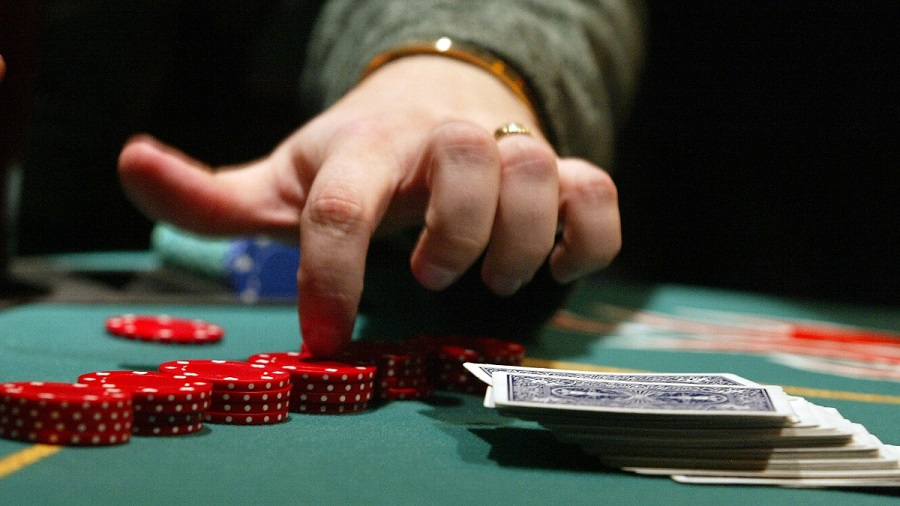
Understanding Pot Odds and Expected Value
To make profitable decisions in poker, it’s essential to understand the concepts of pot odds and expected value (EV). Pot odds represent the ratio of the current size of the pot to the cost of a contemplated call.
Expected value, on the other hand, is a measure of the amount you expect to win or lose on average over the long run from a specific play. By comparing your pot odds to your hand odds (the odds of completing your drawing hand), you can determine whether a call is profitable in the long run.
Adapting to Different Poker Styles
Each player brings their unique style to the table, and recognizing this can give you an edge. Some are aggressive, some are passive, while others are tight or loose.
By quickly identifying these styles, you can adapt your strategy to exploit their weaknesses and defend against their strengths.
Continuous Learning and Improvement
The world of poker is ever-evolving, with new strategies emerging regularly. To stay ahead of the curve, invest in continuous learning. This could be through books, online courses, or even by analyzing your hands post-game.
Every hand, win or lose, offers a lesson. Embrace every experience as an opportunity for growth.

